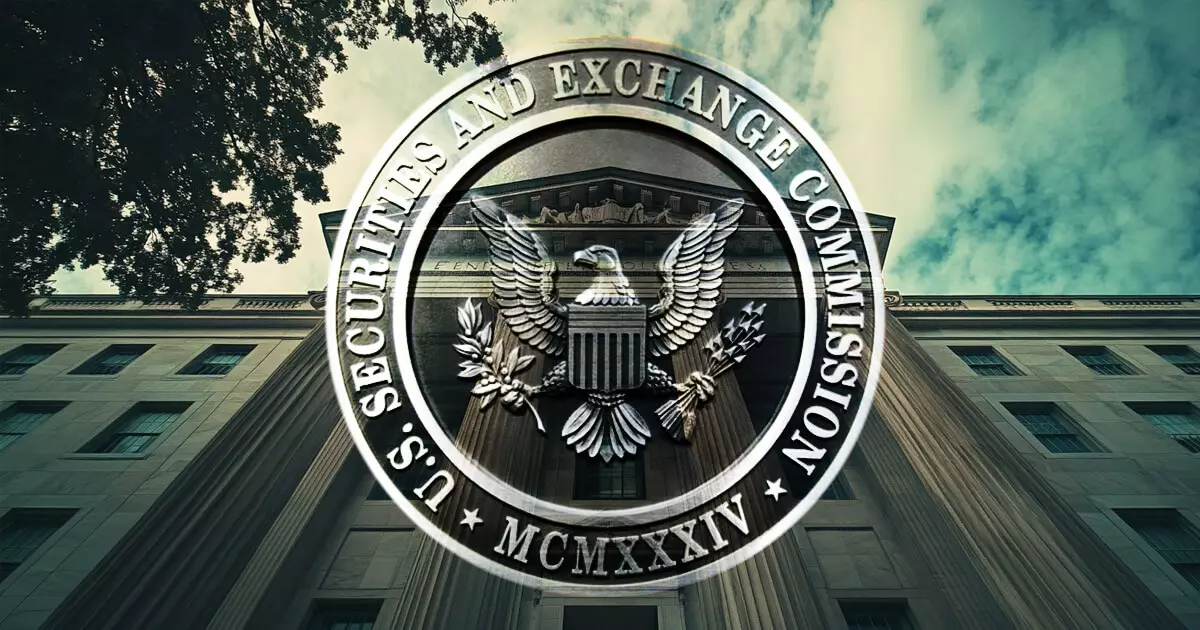In a significant development within the cryptocurrency landscape, TrustToken and TrueCoin, the architects behind the TrueUSD (TUSD) stablecoin, reached a settlement with the U.S. Securities and Exchange Commission (SEC). This settlement stemmed from allegations surrounding fraudulent practices and the unregistered sale of investment contracts. Accused of misleading investors regarding the backing of the TUSD, the firms agreed to a penalty of $700,000 while maintaining a posture of no admission or denial of wrongdoing. This case highlights both the pervasive regulatory pressures on the crypto industry and the importance of maintaining transparency for the evolving asset class.
The SEC’s charges were rooted in a complaint filed in the Northern District of California, which outlined the companies’ unregistered offerings and sales of TUSD between November 2020 and April 2023. The core of the investigation revolved around the marketing practices employed by TrustToken and TrueCoin, specifically the alleged false claims that TUSD was fully backed by U.S. dollars. A startling 99% of reserves were reportedly funneled into a speculative offshore fund, putting investors at significant undisclosed risks.
Jorge G. Tenreiro, Acting Chief of the SEC’s Crypto Assets & Cyber Unit, underscored the consequences of non-compliance with regulatory standards, stating the case exemplifies how registration is crucial for protecting investors. The SEC’s focus on regulating these digital assets reflects a broader initiative aimed at fostering accountability and steering the industry toward safer practices, which are increasingly vital in a space rife with turbulence and uncertainty.
As part of the settlement agreement, the companies accepted civil penalties totaling $163,766 each, while TrueCoin had to pay an additional $340,930 in disgorgement along with $31,538 in prejudgment interest. Such financial repercussions are indicative of the SEC’s rigorous approach to enforcement, especially considering that the crypto sector is undergoing intensified scrutiny. Both TrustToken and TrueCoin consented to legal injunctions aimed at preventing future violations of federal securities laws, signaling a clear directive from the SEC that regulatory compliance will be rigorously monitored in the future.
Following the announcement of the settlement, the market for TrueUSD reflected immediate changes, marked by a slight de-peg. The market cap of TUSD dropped to approximately $494 million at the time of the report but exhibited fluctuations, showing resilience as it slightly rebounded. The peg of TUSD was notably affected, dipping under the anticipated threshold of $1, a common concern in the stablecoin sector, with the currency hovering around $0.98. This volatility illustrates investor skepticism, perhaps stemming from the concerns raised by the regulatory findings.
The SEC’s renewed focus is emerging against the backdrop of a watershed year for crypto regulation, with the agency reportedly imposing over $4.68 billion in fines throughout 2024, a sharp increase from the previous year’s total. This pattern indicates a shift in regulatory attitudes, as authorities increasingly position themselves as guardians of investor protection, aiming to shape a safer investment environment in the cryptocurrency marketplace.
For many players in the crypto industry, this settlement serves as both a warning and an opportunity for self-reflection. Cryptocurrency firms need to scrutinize their operational models, ensuring that they are aligned with SEC regulations to avoid costly litigations and maintain investor confidence. The forward momentum of the stablecoin market will depend heavily on transparency and accountability, necessitating greater collaboration between regulatory bodies and crypto entities.
The resolution of the SEC’s case against TrustToken and TrueCoin underscores the critical balance between innovation and regulation in the cryptocurrency sector. As the industry matures, it must embrace stricter compliance measures to foster transparency and safeguard investors. Looking ahead, crypto firms equipped with sound regulatory practices will likely be best positioned to thrive in an increasingly regulated landscape, navigating potential challenges and seizing emerging opportunities within this dynamic market.

